Between measured breaths from her BiPAP mask, a device that supplies her airways with pressurized air, celebrated disability rights activist Alice Wong introduces her audience to her latest altruistic foray. “With a gazillion podcasts out there, you might wonder: ‘Why this one?’ ‘Why now?’” she asks.
“The short answer is that I don't see shows about disability culture and politics from NPR or other major media organizations. There aren’t that many around.” There’s a brief pause before she electrifies her audience with a rallying cry.
“The revolution is here. One podcast, one transcript, one tweet at a time.”
And so begins the debut episode of “The Disability Visibility Podcast”, a natural extension of the brilliant, necessary, and groundbreaking work Alice performs as the founder and project coordinator of the San Francisco-based Disability Visibility Project. This nebulous, online collective is committed to not only amplifying the voices, concerns, and narratives of the disabled community, but they empower their audience by educating them on relevant policies and practices through their partnership with #CripTheVote.
Outside of her previous standing as a member of the National Council on Disability, Alice’s fervent brand of activism has manifested into actively combating the lack of multicultural competency within our broken healthcare system, in addition to dismantling the stigmas affixed to Asian Americans who occupy the disability community.
But when asked how she uses her podcast to generate awareness for the issues that pertain to this community, humanity precedes predicament. “I'm focusing on issues that I think are important. And featuring people in conversation on why these issues matter. As well as what needs to be done.” By directing attention to the person, as opposed to their plight, Alice strives to galvanize the support necessary to facilitate wholesale changes in how the disabled community is both perceived and engaged.
An example of this is her natural aptitude for storytelling. In “Choreography of Care”, we’re introduced to various caregivers and the intimate relationships they forge with their clientele. But in being a master storyteller, Alice incorporates sound and music in order to intensify the emotional weight of her message.
But for all of Alice’s brilliant work throughout the digital diaspora, Vilissa Thompson is another celebrated voice who’s fused technology with activism in order to serve as a catalyst for change. As the CEO and founder of Ramp Your Voice!, Vilissa’s forte is intersectionality. Specifically, how the unique challenges faced by the disabled community intersect with race, gender, and class.
Examples of this include her viral #DisabilitySoWhite campaign, in which she passionately assailed “the racism, invisibility, erasure, lack of representation, and othering” of disabled people of color. Or how, in the tumultuous battle to resurrect WGN America’s “Underground” from cancelation, we conveniently omit Harriet Tubman’s status as a disabled person of color. Which, in a medium starved for representation from both the disabled and Black communities, just lost one of its most compelling depictions.
But equally of note is Vilissa’s podcast, “Wheelin’ & Dealin’”, which co-stars political consultant and social media mainstay Neal Carter. In which Vilissa and Neal provide savvy commentary and inimitable insight into the politics and policies that shape our country. With each episode serving as a love letter to Vilissa’s allegiance to affirmation and intersectionality. “With the rights of disabled people that were rightfully won and earned now in danger of being repealed or weakened, now is the time for our voices to exist loudly in political spaces.”
When asked what role her podcast plays in generating awareness for the concerns that permeate the disabled community, Vilissa doesn’t shun the influence she wields.
“What I see our podcast doing is prompting key stakeholders in the political realm and our listeners to grasp how disability and politics are connected and not detached from each other. Disabled people care about politics as everyone else, and we understand intimately how legislation can significantly affect the opportunities, resources, and support instated in society. Having two activists who self-identify and are politically disabled places us in the position to connect those two fronts better.”
With the IAB’s recent announcement that podcast revenue is on track to exceed $220 million, the digital medium is experiencing an emergence unlike any we’ve experienced before. But while the threat of oversaturation will always loom, podcasting has evolved into a refuge for underrepresented voices. Perspectives that, in the absence of technology, would otherwise be drowned out by uniformity and dismissal.
Alice Wong’s “The Disability Visibility Podcast” is available on Apple Podcasts, Stitcher, and other available podcast platforms.
Vilissa Thompson’s “Wheelin’ & Dealin’” podcast is available on at the provided link.
Jay is a Los Angeles-based writer, consultant, and founder of the popular podcast “The Extraordinary Negroes”. Outside of his creative pursuits, Jay uses his multimedia platform to celebrate the accomplishments, opinions, and agency of marginalized groups, in addition to actively combating injustice and the destigmatization of mental illness.






